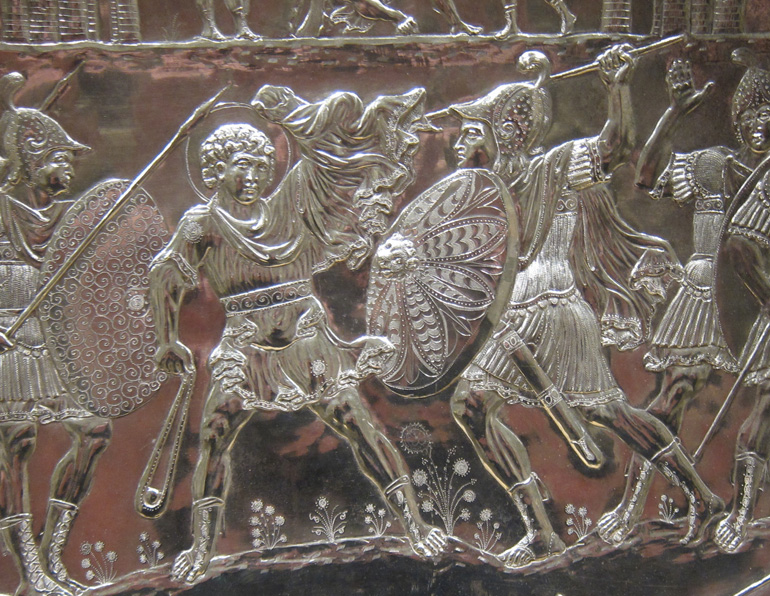Gotham Diary:
Just me
9 December 2013
Nothing starts off the week like waking up to an Internet connection problem! I’m limping along with my trusty but sluggish MiFi card while I wait to find out whether there’s a cable problem or it’s just me. But limping along is a bad pace for writing.
What’s really in the way this morning is Eichmann in Jerusalem, which I finished last night. I want to copy out all the flagged passages — somewhere between twenty and thirty, I should think — into an Evernote, and see what I have. There is a great deal of wisdom in Hannah Arendt’s book, and so much legal savvy that she might have trained as an attorney. I think that she’s absolutely right to conclude that, having tried Eichmann, Israel ought to have kept him in jail pending a mandate from the United Nations or some such international organ.
Arendt’s discussion of genocide (as a crime wholly distinct from murder or even mass, indiscriminate murder) got me thinking: genocide and nationalism grew up together, you might say. Killing everything that lived in a city — we read about this in the Bible, and we know what the Romans did in Corinth — is not quite genocide. Punishing a city is not exterminating a race. The very concept of race in its current form is new, having been more or less figurative until Darwin and others explored the nature of inheritance. This isn’t to say that race itself is a scientific concept — it’s very much not. Neither, therefore, is nationalism — the idea that a proper nation comprises, exclusively, the members of one race.
Something like genocide inspires anti-immigration hysteria in certain parts of the United States. The race that this hostility targets is the tribe of Mexicans and other Latin Americans who dare to enter this country illegally. If they die in the crossing, it’s their own damn fault. But they’re targeted because they’re Latin American, there’s no doubt about that. I don’t mean to disparage those who would build a palisade along the Mexican border so much as to suggest that this sort of impulse is inevitable in any nationalistic context.
What’s next, after nationalism? Can something more positive take its place, or will nationalism put an end to modern civilization, as it has tried to do several times since its appearance on the world stage just over two centuries ago? I hope that it is not a necessary stage in civil development, because most of the Arab world has not yet arrived at nationalism. (This can be seen as the secret of Israel’s success.) The step beyond nationalism would be a way of thinking that provided people with a sense of social coherence, but now without depending on the demonization of other societies. It would fold a horror of violence into the sense of self. A pretty tall order.
I keep coming back to the euphoria with which Hannah Arendt wrote Eichmann in Jerusalem. It’s palpable on the page, in her sparkling, contemptuous wit, which glitters in almost every sentence. Some readers might find this inappropriate — the Eichmann case is no occasion for Arendt to prove herself to be the smartest person in the room. I see it differently, with less ego. Being the smartest person in the room was probably old hat to Arendt when she sat down to write about this trial. The possibility of being smart, the power of thought — these are what the book celebrates. It celebrates courage, too — the courage of the Danes, for example, and the courage of Anton Schmidt — but courage for Arendt is simply the determination to do the right thing. She certainly demonstrates that the Nazis were no more courageous than they were thoughtful. Writing her book, Arendt may have felt that she had discovered something as mighty as, and vastly more meaningful than, a nuclear warhead.
***
It was just me, after all. I should recover from the panic attack shortly. Maybe by Thursday I’ll be able to keep my eye off the connection icon.

